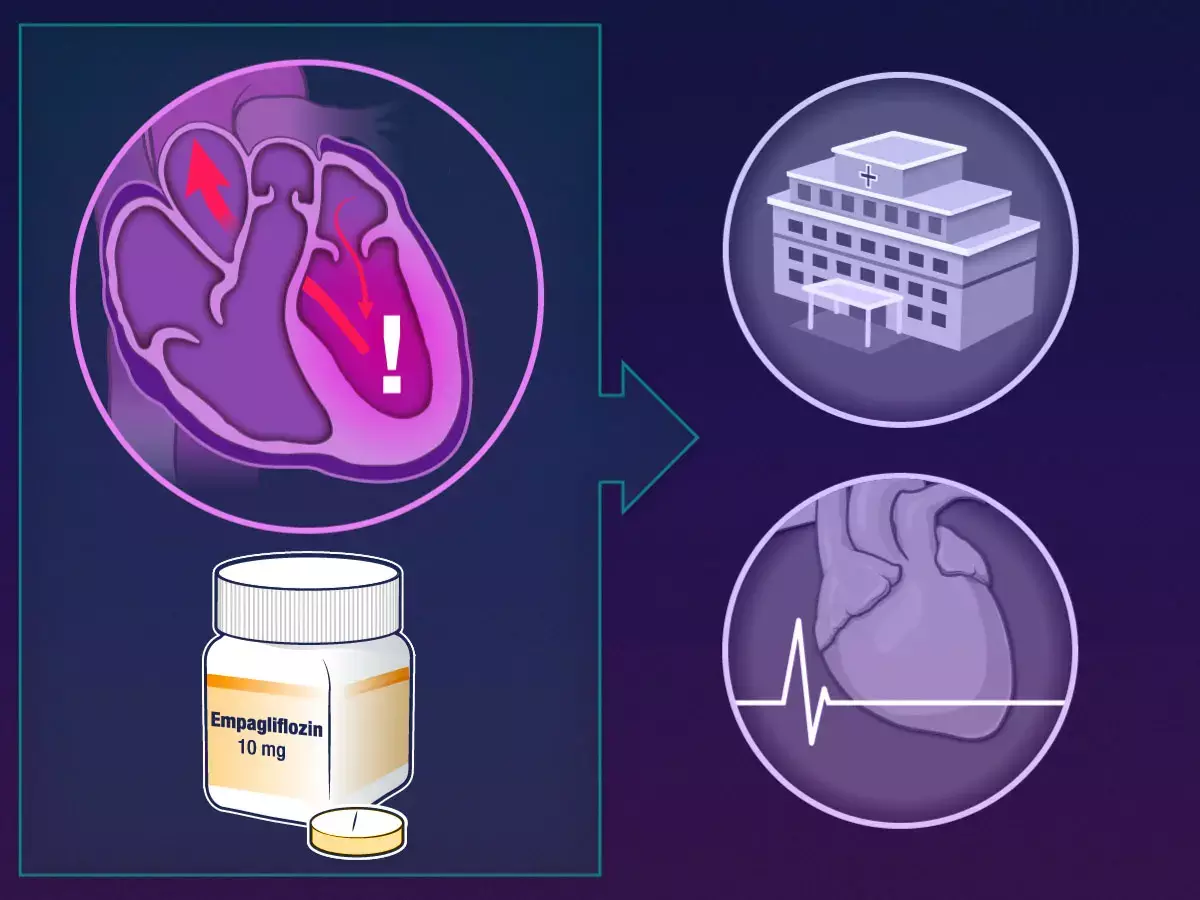- Home
- Medical news & Guidelines
- Anesthesiology
- Cardiology and CTVS
- Critical Care
- Dentistry
- Dermatology
- Diabetes and Endocrinology
- ENT
- Gastroenterology
- Medicine
- Nephrology
- Neurology
- Obstretics-Gynaecology
- Oncology
- Ophthalmology
- Orthopaedics
- Pediatrics-Neonatology
- Psychiatry
- Pulmonology
- Radiology
- Surgery
- Urology
- Laboratory Medicine
- Diet
- Nursing
- Paramedical
- Physiotherapy
- Health news
- Fact Check
- Bone Health Fact Check
- Brain Health Fact Check
- Cancer Related Fact Check
- Child Care Fact Check
- Dental and oral health fact check
- Diabetes and metabolic health fact check
- Diet and Nutrition Fact Check
- Eye and ENT Care Fact Check
- Fitness fact check
- Gut health fact check
- Heart health fact check
- Kidney health fact check
- Medical education fact check
- Men's health fact check
- Respiratory fact check
- Skin and hair care fact check
- Vaccine and Immunization fact check
- Women's health fact check
- AYUSH
- State News
- Andaman and Nicobar Islands
- Andhra Pradesh
- Arunachal Pradesh
- Assam
- Bihar
- Chandigarh
- Chattisgarh
- Dadra and Nagar Haveli
- Daman and Diu
- Delhi
- Goa
- Gujarat
- Haryana
- Himachal Pradesh
- Jammu & Kashmir
- Jharkhand
- Karnataka
- Kerala
- Ladakh
- Lakshadweep
- Madhya Pradesh
- Maharashtra
- Manipur
- Meghalaya
- Mizoram
- Nagaland
- Odisha
- Puducherry
- Punjab
- Rajasthan
- Sikkim
- Tamil Nadu
- Telangana
- Tripura
- Uttar Pradesh
- Uttrakhand
- West Bengal
- Medical Education
- Industry
Early initiation of Empagliflozin Improves QoL in Acute HF Patients within 2 weeks: EMPULSE Trial

Introduction Patients hospitalized for acute heart failure (AHF) are at high risk for cardiovascular death and readmission, and also experience an especially high burden of heart failure (HF) related symptoms and physical limitations.
A recent study suggests that early initiation of the sodium-glucose cotransporter 2 (SGLT2) inhibitor empagliflozin improves physical limitations and quality of life (QoL) in patients hospitalized for acute heart failure. The study findings were published in the journal Circulation on April 04, 2022.
Previous studies have demonstrated that SGLT2 inhibitors improve health status in chronic HF, but their impact on these outcomes in AHF is not well characterized. Therefore, Dr Mikhail N. Kosiborod and his team investigated the effects of the SGLT2 inhibitor empagliflozin on symptoms, physical limitations and quality of life, using the Kansas City Cardiomyopathy Questionnaire (KCCQ) in the EMPULSE trial.
In this study, the researchers randomized 530 hospitalized AHF patients to empagliflozin 10 mg daily or placebo for 90 days. They evaluated KCCQ at randomization and 15, 30 and 90 days. The primary composite endpoints assessed were time to death, frequency of HF events, time to first HF event, and change in QoL score from baseline. They further performed pre-specified analyses, to evaluate the changes (randomization to Day 90) in KCCQ domains, including Total Symptom Score (TSS), Physical Limitations (PLS), quality of life (QoL), clinical summary (CSS) and overall summary (OSS) scores using a repeated measures model. In general, patients had very poor health status at baseline.
Key findings of the study:
- Upon analysis, the researchers found that empagliflozin-treated patients experienced greater clinical benefit across the range of KCCQ-TSS, with no treatment effect heterogeneity (win ratio from lowest to highest tertile: 1.49, 1.37, and 1.48, respectively).
- They observed beneficial effects of empagliflozin on health status as early as 15 days and persisted through 90 days, at which point empagliflozin-treated patients experienced a greater improvement in KCCQ TSS, PLS, QoL, CSS and OSS (placebo-adjusted mean differences: 4.45, 4.80; 4.66; 4.85; and 4.40 points, respectively).
The authors concluded, "Initiation of empagliflozin in patients hospitalized for AHF produced clinical benefit regardless of the degree of symptomatic impairment at baseline; and improved symptoms, physical limitations and quality of life, with benefits seen as early as 15 days and maintained through 90 days."
For further information:
Medical Dialogues Bureau consists of a team of passionate medical/scientific writers, led by doctors and healthcare researchers. Our team efforts to bring you updated and timely news about the important happenings of the medical and healthcare sector. Our editorial team can be reached at editorial@medicaldialogues.in.
Dr Kamal Kant Kohli-MBBS, DTCD- a chest specialist with more than 30 years of practice and a flair for writing clinical articles, Dr Kamal Kant Kohli joined Medical Dialogues as a Chief Editor of Medical News. Besides writing articles, as an editor, he proofreads and verifies all the medical content published on Medical Dialogues including those coming from journals, studies,medical conferences,guidelines etc. Email: drkohli@medicaldialogues.in. Contact no. 011-43720751


